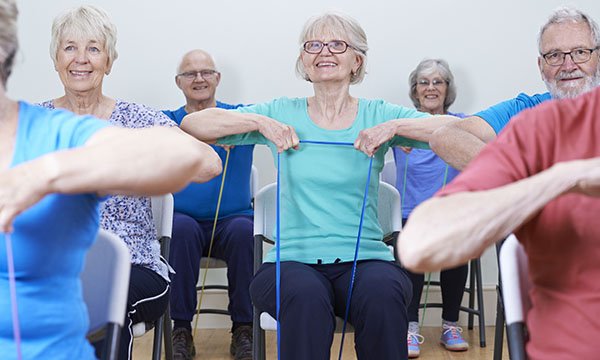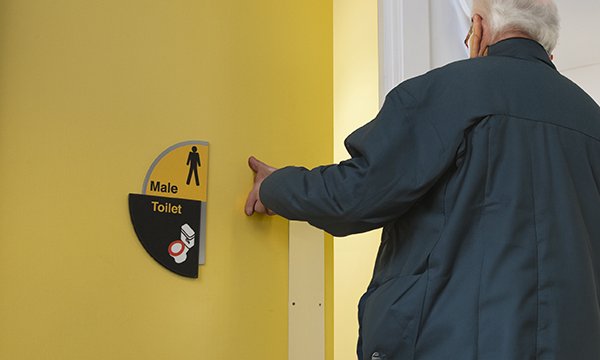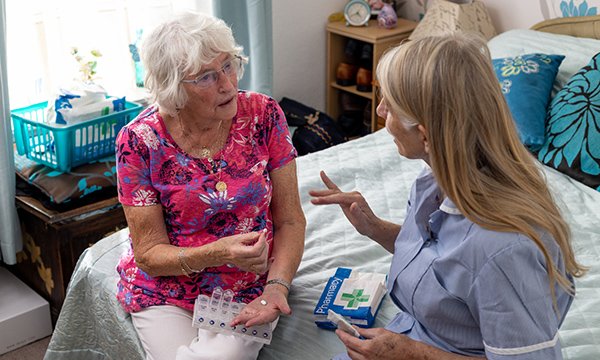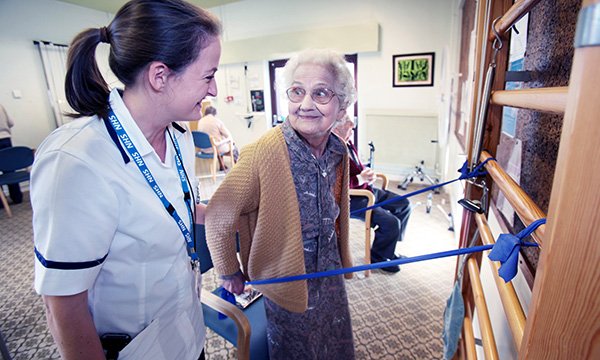Evidence and Practice

Wound care in older people: overcoming the challenges of assessment and management
Perceptions of the use of terms of endearment among older adults in an assisted living...
Risk management and decision-making in dementia care
Clinical
Wound care in older people: overcoming the challenges of assessment and management
Why you should read this article: • To enhance your understanding of age-related skin changes and susceptibility to wounds in older age • To increase your awareness of the principles of wound assessment and management in older people • To recognise that wound healing is not always achievable or realistic in an older person Age-related skin changes lead to increased susceptibility to skin damage and delayed wound healing, which is exacerbated by comorbidities such as cardiovascular disease and diabetes mellitus. In some cases, wound healing is not achievable or realistic and this needs to be reflected in the wound management plan. To improve outcomes and experience in older people presenting with wounds it is important to select wound management products that protect the wound bed and surrounding skin, minimise trauma, reduce symptoms and/or promote healing. This article explores how conducting holistic wound assessments, setting realistic treatment aims, and using wound management strategies tailored to each person’s needs and wishes can have a positive effect on older people’s quality of life.
Perceptions of the use of terms of endearment among older adults in an assisted living...
Why you should read this article: • To increase your understanding of ‘elderspeak’ and the use of terms of endearment with older adults • To recognise that acceptance or rejection of the use of terms of endearment may be a matter of opinion • To enhance your practice by considering and acknowledging each individual’s communication preferences Background ‘Elderspeak’ has been defined as a form of communication overaccommodation used with older adults that typically involves inappropriate simplified speech. One aspect of elderspeak is the use of terms of endearment such as ‘honey’, sweetie’ and ‘dear’. There is disagreement regarding the use of terms of endearment with older adults, with differing views on whether it is beneficial or harmful. Aim To explore the perceptions of older adults residing in an assisted living facility on the use of terms of endearment by healthcare staff. Method This qualitative study used a descriptive phenomenological design. Semi-structured interviews were undertaken with 15 older adults regarding their perceptions of the use of terms of endearment. The data were analysed to identify themes. Findings Two themes emerged from the interview data: ‘it’s a matter of opinion’ and ‘context matters’. Not all older adults viewed terms of endearment negatively; some liked them, others were neutral and some viewed them as childish or disrespectful. Conclusion Perceptions regarding the use of terms of endearment appear to differ among older adults. Therefore, the use of such terms should be individualised based on the preferences of the older adult.
Risk management and decision-making in dementia care
Encouraging a proactive and person-centred approach to risk assessment and management
Using therapeutic lies – an ethical challenge for nurses
White lies' can be useful when caring for people with dementia, but is it ethical to use them?
Severe frailty diagnosis: advance care planning and end of life care conversations
People with severe frailty may be disadvantaged in terms of receiving appropriate end of life care
Exploring the professional nurse advocate role and restorative clinical supervision
The role aims to provide clinical, educational and well-being support to nurses
CPD articles
Exercise as a falls prevention strategy in the care of older people
Nurses should motivate older people to exercise and adopt exercise-based falls prevention strategies
Identifying incontinence and promoting continence in people living with dementia
Practical strategies that can support people living with dementia and their family carers
Benefits of deprescribing for older people with frailty and polypharmacy: part two
Nurses should be aware of tools that may assist in preventing or reducing inappropriate medicines use
Benefits of deprescribing for older people living with frailty and polypharmacy: part 1
Adverse effects of polypharmacy on older people and medicines optimisation for those living with frailty
Recognising, reducing and preventing deconditioning in hospitalised older people
How nurses can help older people in hospital regain their mobility
Improving nutrition and hydration in older people with dementia in care homes
Person-centred interventions to improve food and drink intake of older people with dementia
How to
How to address the communication needs of older patients with hearing loss
Hearing loss is a common problem in older people and may have a negative effect on their care while in hospital, as well as resulting in significant cost to the NHS. This article outlines the findings of a two-year project in an NHS trust to improve the care of older people with hearing loss. An important outcome of the project was the development of a hearing loss toolkit containing good practice recommendations and tools to help staff in all NHS trusts, and other care settings, implement practical and cost-effective improvements.
How to use advance care planning in a care home
Admission to a care home is a major event for many individuals and, for some, a time when they may lose their independence. It is at this juncture that they should be given the opportunity to participate in planning their future care. An advance care plan (ACP) is a means for people with capacity to document their preferences for their care and to enable providers to advocate on their behalf. Some people will have lost mental capacity before admission to a care facility, so it is essential for staff to be familiar with the complexities of the Mental Capacity Act 2005 to support residents approaching the end of life. This article outlines the processes of ACP and identifies resources available to support the introduction of ACP into care homes.
Practice question
How can you identify and respond to deconditioning in an older person?
Nurses can encourage older people in acute hospitals to be more active
What does a comprehensive geriatric assessment involve?
It can help you provide person-centred support for older people living with frailty
How should nurses promote equality, diversity and inclusion?
All health and social care staff should commit to being champions of these values at work
What is the difference between delirium and dementia?
A collateral history is crucial in distinguishing between the conditions
Why is measurement of lying and standing blood pressure vital in falls risk assessment?
A blood pressure drop on standing is more prevalent in those with comorbidities and frailty
How can person-centred strategies improve dementia care?
An empathetic approach to care can help people with dementia retain a sense of self


















